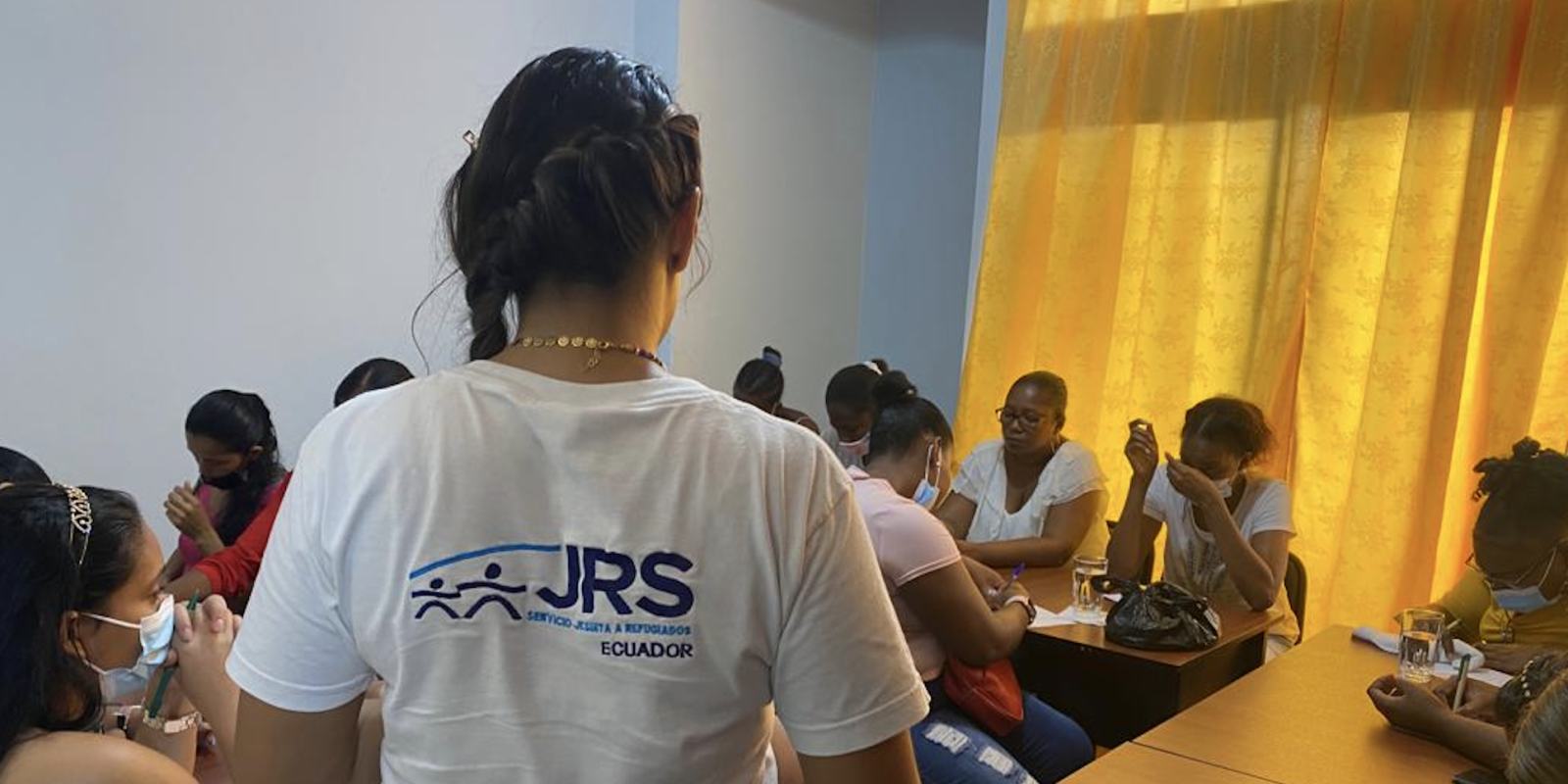Mexico: Maria, Searching for Refuge
11 June 2020
Maria is a 30-year-old mother of two young children. Her neighborhood in Honduras was controlled by a local gang that fights for control of its territory to engage in illegal activities like drug dealing, extortion, and hijackings. One day in early 2019, her daughter witnessed a girl selling drugs at her school. After telling some friends what she saw, her daughter was targeted by the gangs and beaten up. Maria decided to take her daughter out of school.
A few days later, a young boy came to their home and told them that they had 24 hours to leave. Three days later, Maria left Honduras with her two children. They arrived in Mexico, and Maria contacted the father of her two children, who lives in the US. He encouraged her to make her way north. The family took a minibus traveling north and were stopped by a van with four armed and tattooed people inside. They kidnapped the minibus, took all their personal belongings, and blindfolded them. Maria and her children could hear how some people were beaten, tortured, and electrocuted.
Their kidnappers asked for $5,000 from each person and told them if they did not pay, they would be killed. Maria contacted her children’s father, who was able to send them the money. They were placed in a van and taken to the Rio Grande River, where they were given a rubber ring. They put the children inside, and the adults crossed the river, holding the ring. The water reached their necks, and all of their documents got wet. They were able to cross the river, and at the other side, US Border Patrol arrested them. They were led to a detention center, where they stayed for six days, without a change of clothing. They were told that “there is no refuge for them in US” and that “the laws have changed.” The family answered that they can’t go back to Mexico, where they had been kidnapped, or to Honduras, where the gangs threatened them. They were given a court date for their asylum hearing and sent back to Mexico. When they arrived in Mexico, they were given the option of staying in a city where extortion and kidnapping was common or getting on a bus to Tapachula, over 1,200 miles away.
Once in Tapachula, JRS offered assistance for Maria to travel back for her asylum hearing, but she decided to forfeit her asylum claim. She couldn’t risk the safety of her children again, and she is now stuck, unable to seek safety in the US and unable to return to where her life is threatened at home. Maria is not alone as many asylum seekers are abandoning their efforts to petition for asylum in the US rather than face further dangers.
“I’m very afraid because of what I suffered in the northern border of Mexico,” Maria said. “I don’t want to face again everything I already faced.”
Read stories like Maria’s in JRS/USA’s report Stranded: The Impact of US Policies on Asylum Seekers and join June 18 us for a live virtual event with discussion from experts on these policies and the current issues at the US-Mexico border.



